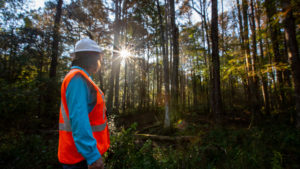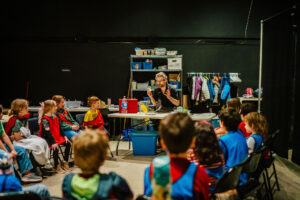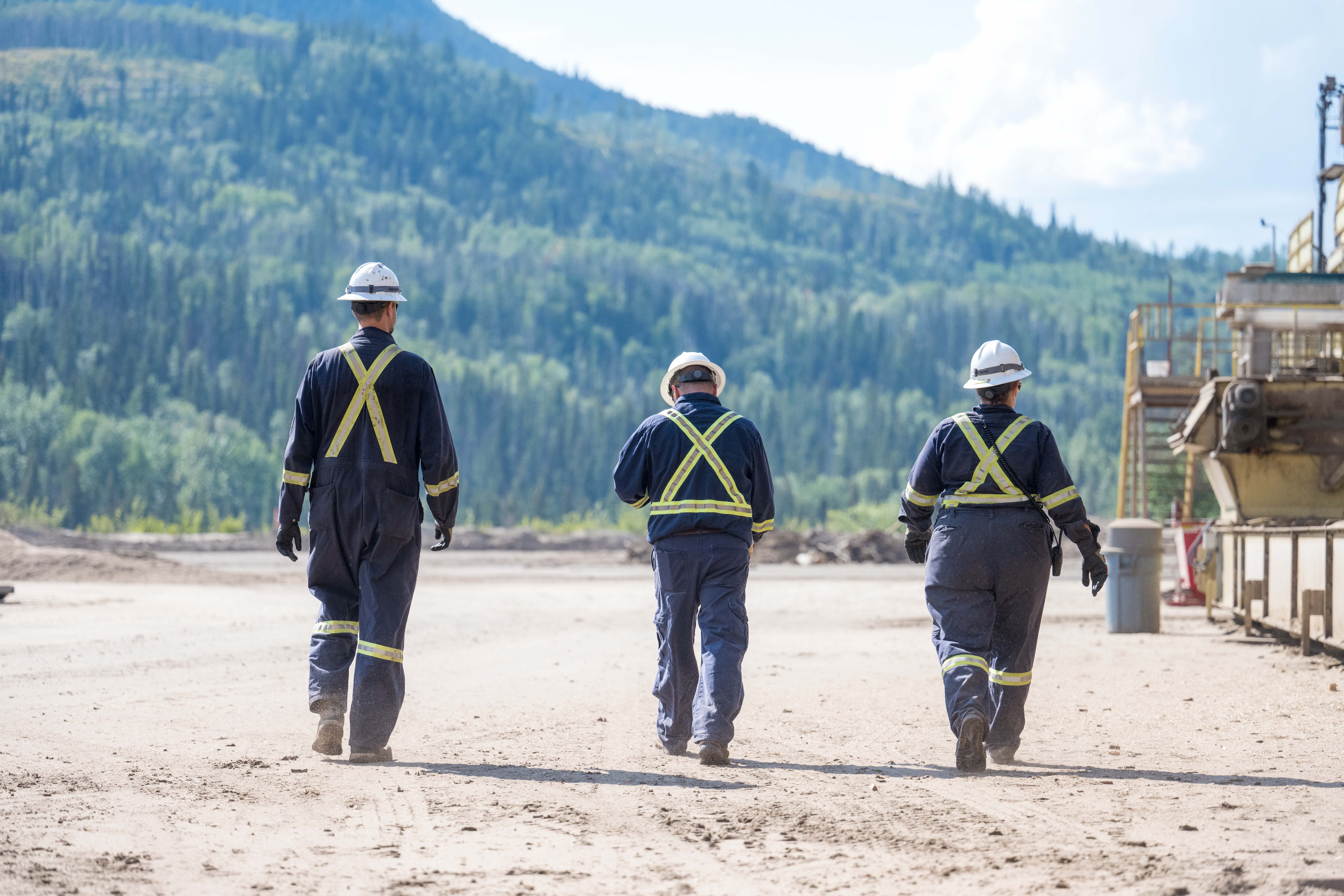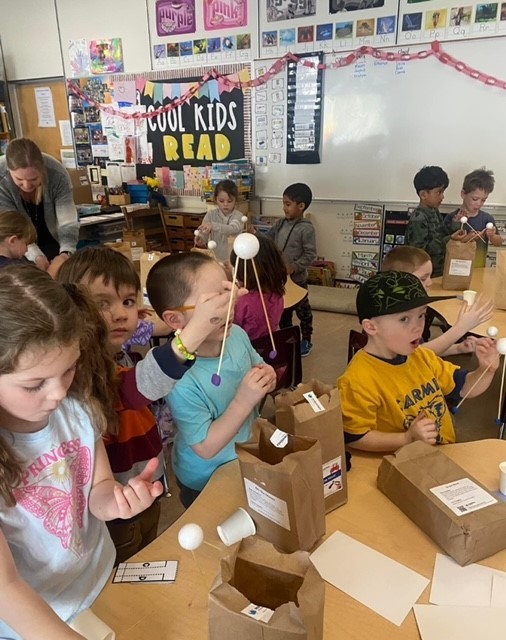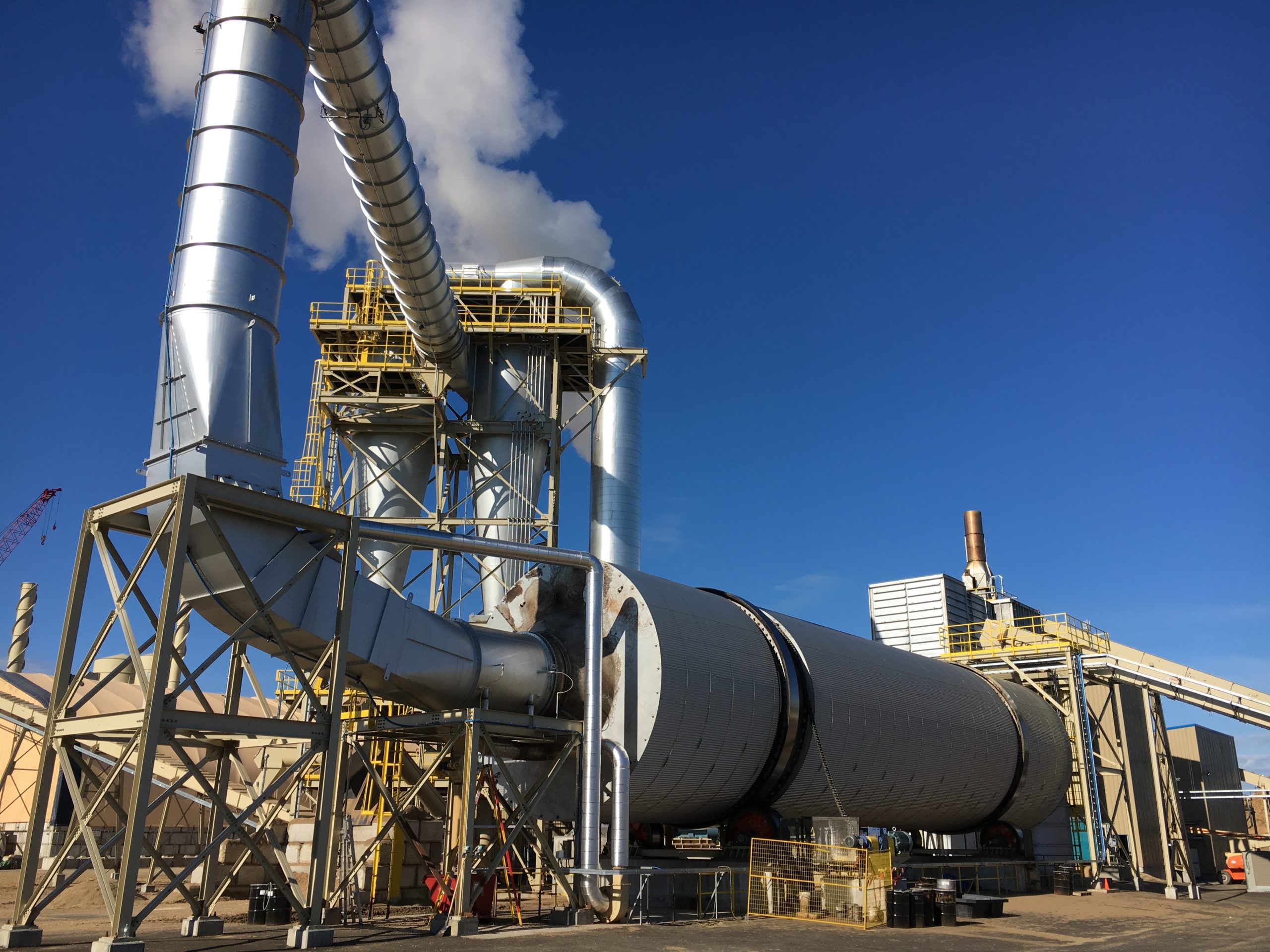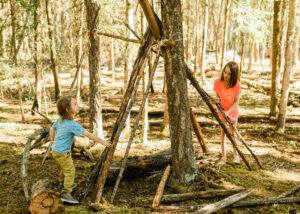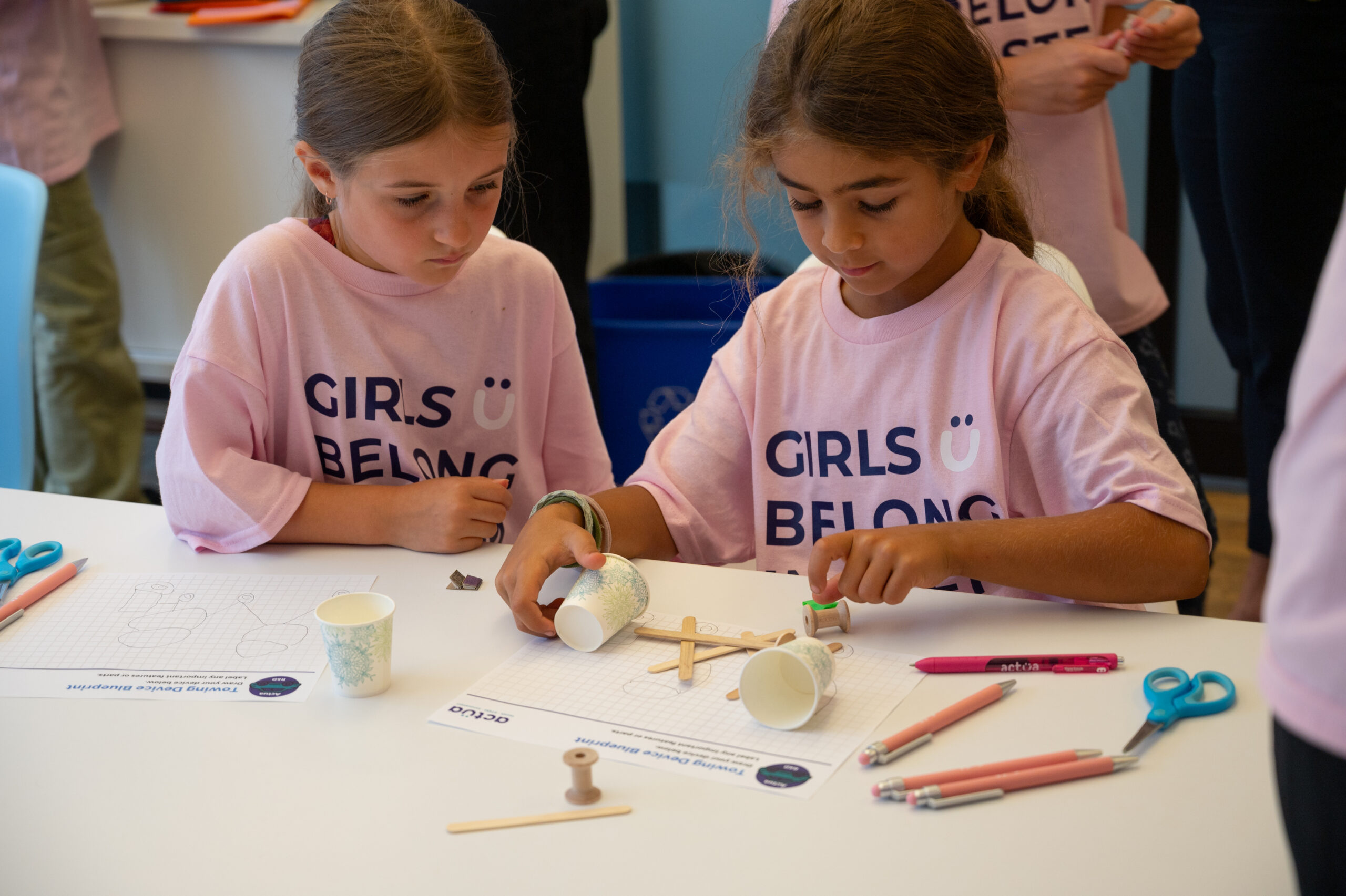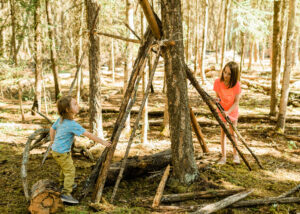
- Elimini has launched at New York Climate Week with ambition to deliver carbon removals at megaton scale and 24/7 renewable power
- US-based company group has entered into 11 carbon dioxide removal deals with eight companies, two fiber option agreements, the establishment of an esteemed Advisory Council, and the creation of four knowledge collaborations to advance research and understanding in carbon dioxide removal technologies
- More than 20 potential bioenergy with carbon capture and storage (BECCS) sites under review in North America alone for potential BECCS facilities, with additional projects under consideration in six more countries
- New independent research reveals 74 percent of Americans are concerned about climate change, with only 37 percent believing the government is doing enough to support the development of carbon removal technologies
Elimini, a new US-based business with an ambition to be a leader in carbon removals, has today been launched at Climate Week NYC. The company is dedicated to permanently removing carbon from the atmosphere while generating renewable, 24/7 power.
By advancing bioenergy with carbon capture and storage (BECCS) in the United States and beyond, the new company will help meet soaring demand for both 24/7 renewable energy and high-integrity carbon removals. Nearly all realistic pathways to limit global warming to 1.5C and 2C require developing and deploying carbon removal technology at gigaton scale and tripling renewable energy capacity. Elimini will pair 24/7 renewable energy production with carbon capture technology through BECCS – the only technology that currently supports the delivery of both targets simultaneously.
The business has been launched as new research finds that 74 percent of Americans are concerned about climate change, with 56 percent believing the government should be doing more to support the development of carbon removal technologies – and for those already familiar with these technologies, that number jumps to 72 percent, suggesting that familiarity directly drives increased favorability.
Elimini’s purpose is to remove carbon for good. To achieve this, it is convening engineers, environmentalists, communities, investors, and innovators to scale the market for carbon removals, with the aspiration of transforming our economies from carbon emitters to carbon removers. As an independently operated, wholly owned subsidiary within Drax Group, Elimini will also sell carbon removals generated at Drax Power Station, which conducted the first BECCS pilot of its kind in Europe and with the right government support will convert that facility to BECCS.
Will Gardiner, Elimini Executive Chair and Drax Group CEO said: “Carbon removals are desperately needed to reverse the legacy emissions warming our planet – and that industry represents more than a $1 trillion opportunity once it reaches gigaton scale. Elimini will have the focus and agility needed to become a leader in the maturing carbon market, rapidly advancing high-quality carbon removals and renewable energy production at global scale.”

Today, Elimini announced the following:
Investment from first-mover climate leaders
Carbon Dioxide Removal (CDR) offtake agreements with:
And the conversion of two previous MOUs with C-Zero Markets to offtakes with Elimini.
Plus, brokerage agreements with:
An Advisory Council formed of experts from across the carbon removals value chain
Established to help Elimini shape the company’s strategy and hold it true to its purpose and values. Comprised of experts with diverse backgrounds who share our commitment to removing carbon for good:
- David Hill, Vice Chairman of the Board of Directors of the New York Independent System Operator and Senior Research Scholar at Columbia University’s Center on Global Energy Policy. Previously, he was Executive Vice President & General Counsel of NRG Energy and served as the US Department of Energy General Counsel.
- Miranda Ballentine, former Assistant Secretary of the Air Force (Installations, Environment, and Energy) and Founding CEO of the Clean Energy Buyers Association; currently serving as Senior Advisor at Green Strategies, and as a Board Member and Independent Practitioner to clean energy organizations.
- Melissa Lott, Professor, Climate School, Columbia University.
- Freddie Davis, Director of the Rural Training and Research Center at the Federation of Southern Cooperatives.
- Rajiv S. Joshi, Founder of Bridging Ventures and former Executive Director of the Global Call to Action Against Poverty (GCAP), the world’s largest civil society alliance, launched by Nelson Mandela, working to end poverty and inequality.
Knowledge collaborations
We’ partnering with innovative institutions to push the boundaries of carbon capture technology, including:
- University of Texas: Supporting research on carbon capture, utilization, and storage (CCUS).
- University of Houston: Supporting the Center for Carbon Management with its goal of researching and developing projects that will advance all aspects of carbon management as it applies to the energy industry.
- Stephen F. Austin State University: Supporting the Arthur Temple College of Forestry and Agriculture, contributing funds to an endowment that provides scholarships for forestry students.
- Mission Innovation: Sponsorship of the SMART CDR Competition, a first-of-its-kind global competition for university and college students from around the world.
Biomass supply partners
Manulife Investment Management and Molpus Woodlands have signed options to provide sustainably sourced woody biomass to fuel Elimini’s BECCS operations in the US Southeast.
The Forest Landowners Assistance Program
Elimini will launch a new program for local, family-owned, or underserved landowners to receive assistance with managing their forests and providing feedstocks for BECCS facilities that will meet Elimini’s high sustainability standards.
The selection of its Owner’s Engineer to support the development of its first BECCS facility in the US
Elimini has selected engineering firm Sargent & Lundy as the owner’s engineer to support with the development of a BECCS project in the United States. Full scale development is underway at our most advanced site for our first greenfield BECCS project.
Once fully operational, the 300-megawatt generation project will produce two terawatt hours of renewable energy while capturing 3Mt of CO2 annually – the equivalent of the average annual emissions of 100 commercial airliners.
Laurie Fitzmaurice, Elimini President said: “Elimini is entering the market at a critical time for our planet and the global economy, when unprecedented demand for power threatens to extend the world’s dependence on coal and other fossil fuels. By advancing BECCS and other carbon removal technologies in the United States and beyond, we will provide organizations and governments with realistic alternatives to power their communities and businesses while staying on track to achieve their climate commitments.”
David Hill, Vice Chairman of the Board of Directors of the New York Independent System Operator and Senior Research Scholar at Columbia University’s Center on Global Energy Policy said, “Elimini’s stated purpose is to remove carbon for good. As a member of the Advisory Council, I look forward to working with the company as it seeks to address some very interesting and exciting opportunities.”
“Solving climate change will require many technologies, including a critical set of net-zero and net-negative power plants that are needed to supply the global economy with reliable, affordable, and clean electricity,” said Dr. Melissa Lott, Professor, Climate School, Columbia University. “It is exciting to see Elimini step fully into this space at this critical time in global efforts to deploy technologies at the speed and scale that is needed to reduce emissions and protect the health of our communities.”
Walid Rechache, Co-Founder and CEO at Holborn Trading said, “We are excited and proud to support Elimini on their carbon removal initiative. Holborn Trading is invested because we believe in securing a sustainable future. By supporting innovative solutions like decarbonization technologies and projects including carbon dioxide removal, we’re not just offsetting emissions – we’re actively restoring the balance of our planet’s atmosphere, ensuring a healthier environment for generations to come.”
Read more about our new company, team, and the latest research here.

